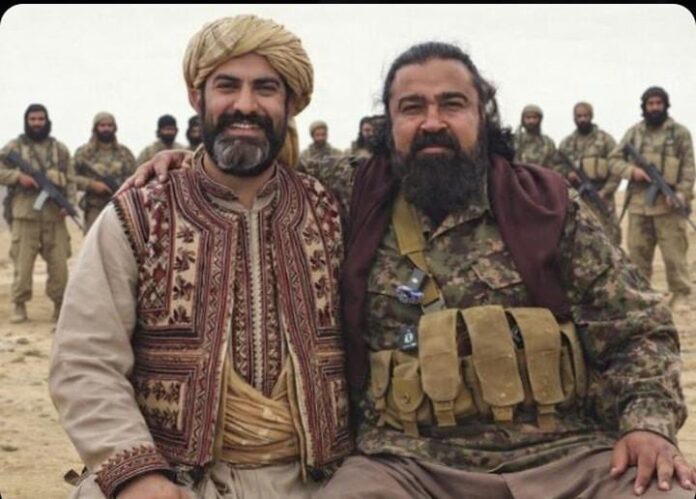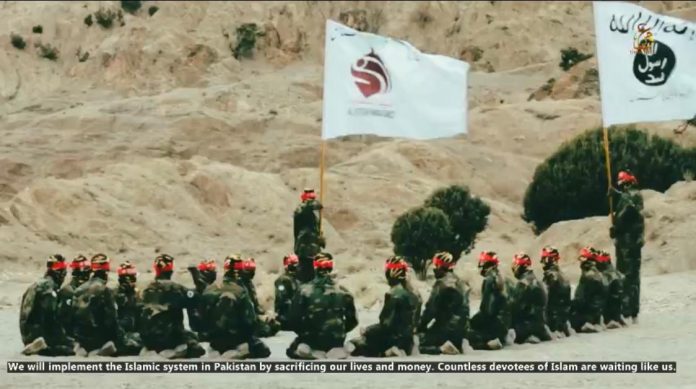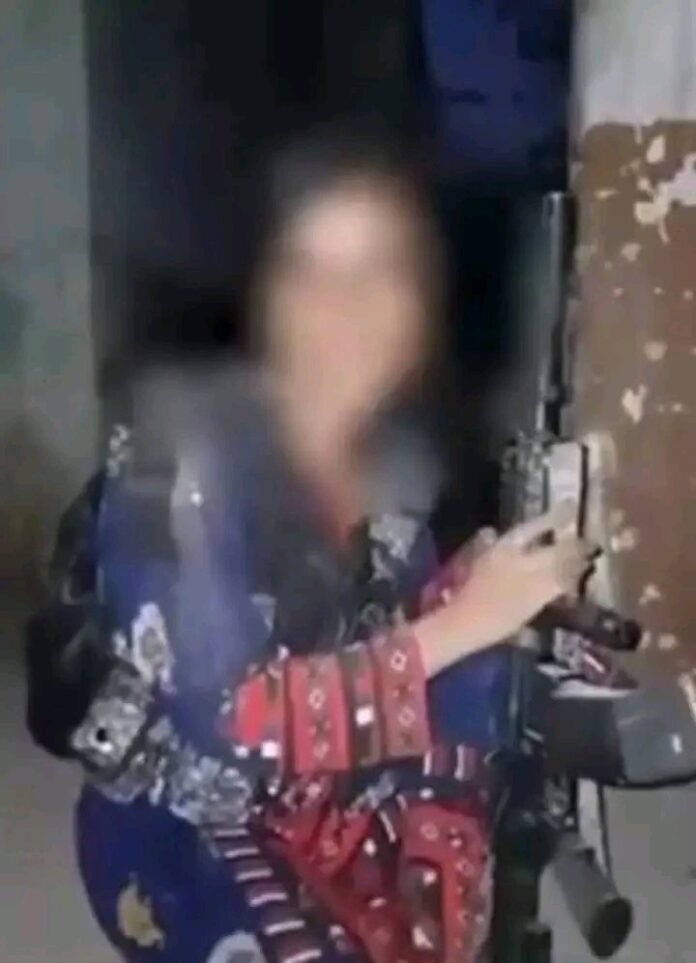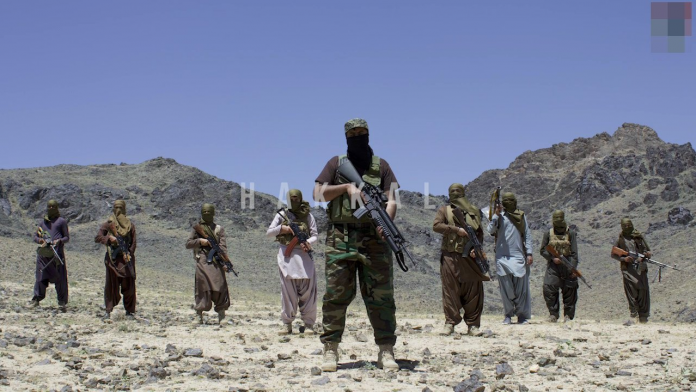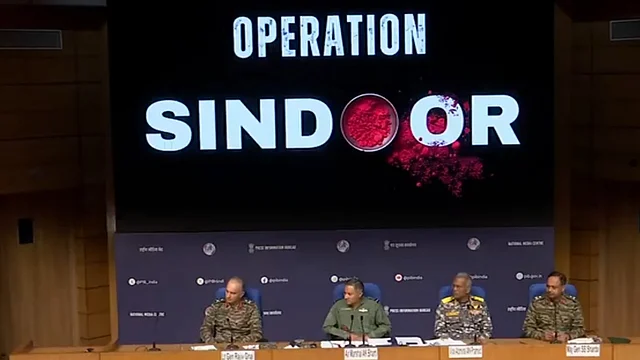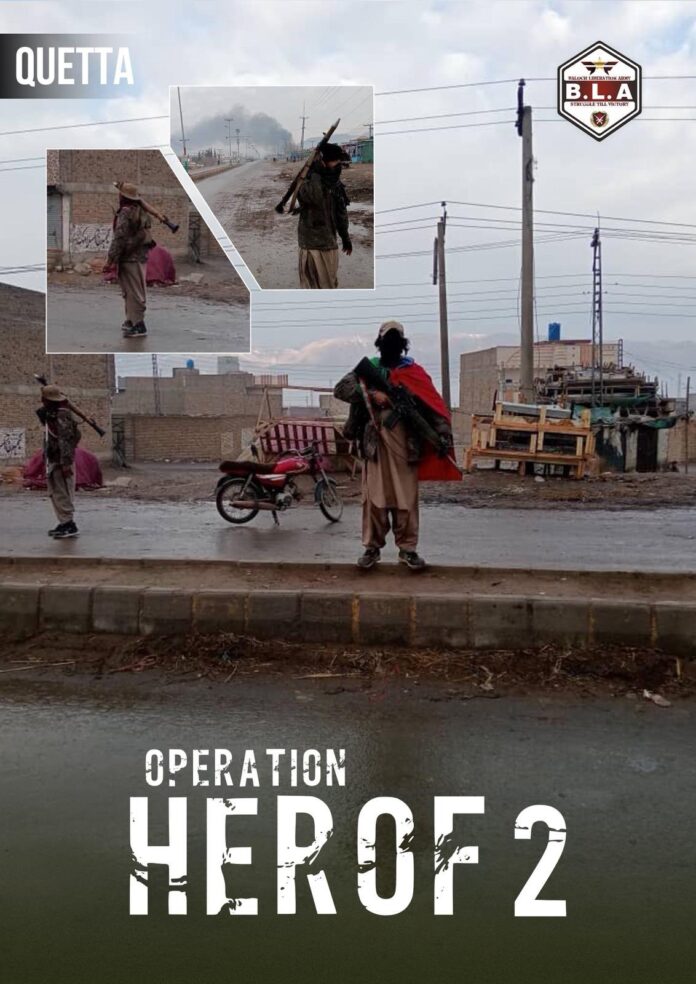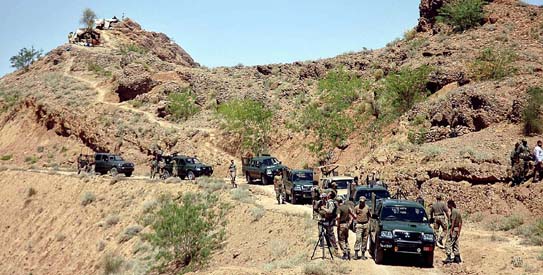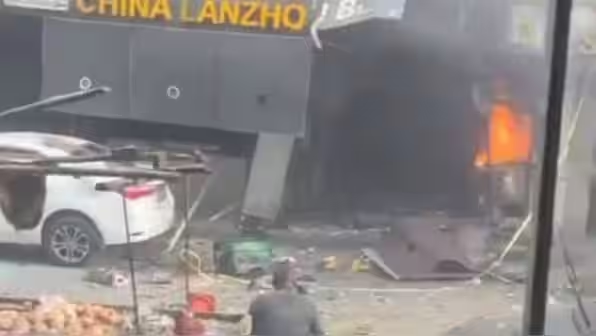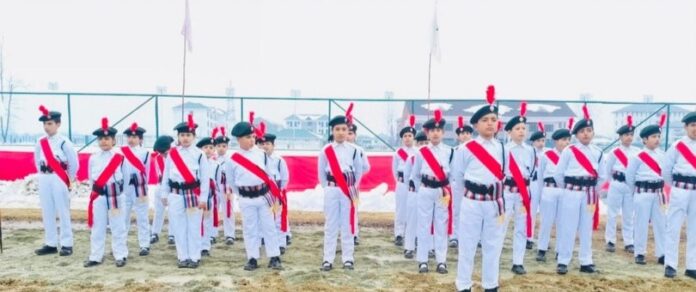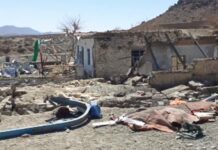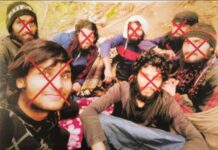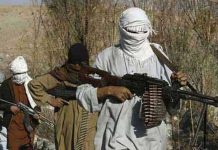Kabul, Jan 28 (NVI) As investigations into the January 20 Kabul blast gain momentum, it is increasingly becoming clear that Pakistan is making all attempts to cause disturbances in Afghanistan to hurt its prospects of attracting foreign investments, particularly from China.
The blast in Kabul, caused by a suicide bomber of the Islamic State Khorasan Province (ISKP) terror group, specifically targeted a restaurant run by a Chinese national along with an Afghan.
The Chinese co-owner was killed in the blast, making him the 6th national from China to be killed in attacks linked to ISKP in a span of just two months.
Earlier, on November 26 last year, three Chinese workers engaged with a gold-mining company were killed in an attack in an area of Tajikistan bordering Afghanistan.
These workers were targeted at the camp of Shohin SM, a Chinese gold-mining company, in Shamsiddin Shohin district of Khatlon region of Tajikistan near the Afghan border.
The attack originated in Afghanistan and targeted a Shohin SM compound in the Shamsiddin Shohin district in Khatlon Region along the Afghan-Tajik border.
According to reports, a bomb was dropped at the camp by a drone, which originated from the territory of Afghanistan.
After that attack, officials in the Taliban regime said they suspected involvement of groups which want to harm Afghanistan’s relations with foreign countries.
The Taliban regime’s Foreign Ministry deputy spokesman Hafiz Zia Ahmad Takal, citing “initial assessment”, said the attack attacked involved “elements that are trying to create chaos, instability, and distrust between countries in the region.”
Four days later, another attack was carried out on Chinese workers engaged in a road construction project in Darvoz area of Tajikistan’s Gorno-Badakhshan Autonomous Oblast (GBAO) region bordering Afghanistan. In this attack, two Chinese workers were shot dead and five were injured.
According to reports, the armed men entered the Tajikistan-controlled territory from the Ruzvayak village of Badakhshan Province of Afghanistan to carry out the attack.
On January 20, the Chinese interests were hit again, this time in Afghan capital Kabul, with an eatery in Shaher-e-Naw area being targeted by a suicide bomber.
The venue was chosen deliberately as the target, not only because of its ownership but also because a number of Chinese in Kabul used to visit it.
The attack has been claimed by ISKP, unlike the two earlier ones regarding which no outfit took responsibility.
The ISKP identified the attacker as Uthman Mowahed, one of its terrorists trained, armed, and commissioned from Pakistan.
This was not the first attack on Chinese nationals in Afghanistan. They have been targeted in Afghanistan after the Taliban seized control of the country militarily in August 2021.
The Taliban regime believes that the attacks targeting the Chinese nationals are being carried out by “foreign elements”, apparently referring to Pakistan-supported ISKP terrorists, to create disharmony between Kabul and Beijing, which is interested in major investments in Afghanistan.
Interestingly, ISKP, which owned responsibility for specifically targeting the Chinese interests in Afghanistan, has bases in Pakistan with the blessings of the Pakistani military.
A major camp of ISKP was set up recently in the Tirah region of Khyber Pakhtunkhwa Province, with Pakistani military providing facilitation by evicting the local population and emptying the area under the pretext of carrying out “operations against terrorists”.
The camp, for brainwashing and weapons training, has been set up under the command of Zubair Mowahed, who is considered close to the Pakistani military.
Zubair has also been associated with Lashkar-e-Taiba (LeT) terrorist outfit which targets India and Indian interests.
Criminally, the Pakistani military has evicted the indigenous population from Tirah valley to make space there for ISKP camp to eliminate chances of snooping on the terrorists.
According to an expert, Pakistan is determined to hurt the interests of Afghanistan and Afghans as the Taliban regime has outrightly rebuffed attempts by Islamabad, particularly its military, to tame it after it grabbed power in 2021.
Pakistani military has always wanted to use Afghanistan as a backyard for its nefarious activities like maintaining terrorist camps, away from its own land, so that the international community does not raise fingers at it even as it carries out its evil designs.
It succeeded in doing so from 1996 to 2001 during the Taliban’s first regime, which was friendly with the Pakistani military and heeded to all that it was asked to do. The Taliban regime even went to the extent of helping the Pakistani military and anti-India terrorists supported by it when Indian Airlines plane IC-814 was hijacked to Kandahar in December 1999.
The subsequent governments in Kabul, however, were unfriendly, which did not suit the Pakistani military.
So, when the Taliban returned to power in Kabul in 2021, the Pakistani military thought it could again dictate terms to the new regime.
In fact, the then ISI chief Lt Gen Faiz Hameed dashed to Kabul soon after the Taliban takeover and made his presence felt publicly, in an attempt to send out a message that the Pakistani military was back in power in Afghanistan.
However, by now, the Taliban had seen through the evil and duplicitous character of the Pakistani military and it refused to be a tamed animal.
As weeks and months passed, the Taliban regime increasingly rebuffed Pakistan, which got frustrated and launched actions to hurt Afghans and Afghanistan.
As a revenge, Pakistan launched a violent and inhuman campaign to drive out Afghan refugees, carried out aerial attacks on civilian areas of Afghanistan and repeatedly indulged in cross-frontier shelling and firing.
Pakistan also repeatedly shut down the trade routes with Afghanistan to stall imports from there, in a bid to hit its fledgling economy.
While all these actions were public, the Pakistani military also launched clandestine operations, like hosting, encouraging and supporting ISKP terrorist group to carry out attacks which could hurt Afghanistan and its relations with other nations, like China and Tajikistan.
It may be noted that China is one of the few big powers which have come forward to help Afghanistan in economic rebuilding and is in the process of investing lot of money.
This is the reason that Chinese nationals are being repeatedly targeted so that the image of Afghanistan is tarnished and China backs off from its developmental activities there. (NVI)

